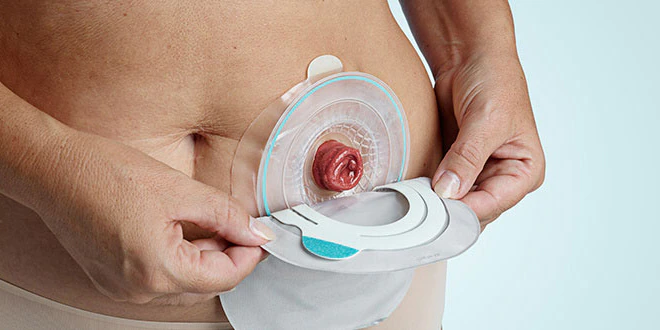As a healthcare professional with extensive experience in digestive disorders, I’ve seen firsthand how ulcerative colitis (UC) impacts people’s lives. It’s not just a “bad stomach ache”—it’s a chronic condition that requires careful management and support. If you or someone you love has been diagnosed with UC, you likely have a lot of questions. I’m here to break it down in simple, digestible terms.
What Is Ulcerative Colitis?
Ulcerative colitis is a type of inflammatory bowel disease (IBD) that causes chronic inflammation and ulcers in the colon and rectum. It’s different from Crohn’s disease, another form of IBD, which can affect any part of the digestive tract. UC is typically limited to the large intestine, but the severity and extent of inflammation can vary from person to person.
Symptoms of Ulcerative Colitis
People with ulcerative colitis experience a range of symptoms, including:
- Frequent diarrhea, often with blood or mucus
- Abdominal pain and cramping
- Urgency to use the bathroom
- Unintended weight loss
- Fatigue and weakness
- Fever in severe cases
- Joint pain and skin issues (extra-intestinal symptoms)
Symptoms often come and go in flare-ups, followed by periods of remission where they subside. The unpredictable nature of UC can make daily life challenging, but with the right treatment, most people can lead fulfilling lives.
What Causes Ulcerative Colitis?
The exact cause of UC remains unknown, but research suggests a combination of genetic, immune system, and environmental factors. In individuals with UC, the immune system mistakenly attacks the lining of the colon, causing chronic inflammation. Certain triggers, such as stress, diet, infections, and even some medications, can lead to flare-ups.
How Is Ulcerative Colitis Diagnosed?
Diagnosing UC involves a combination of tests, including:
- Colonoscopy – The gold standard for diagnosis, allowing direct visualization of inflammation and ulcers.
- Stool tests – To rule out infections and detect inflammation markers.
- Blood tests – Checking for anemia, inflammation, or nutritional deficiencies.
- Imaging tests – In some cases, CT scans or MRIs can help assess the extent of inflammation.
Treatment Options for Ulcerative Colitis
While there’s no cure for ulcerative colitis, treatment focuses on reducing inflammation, managing symptoms, and maintaining remission. Treatment options include:
- Medications:
- Aminosalicylates (5-ASAs): First-line treatment for mild to moderate cases.
- Corticosteroids: Used for short-term control during flare-ups.
- Immunomodulators: Help regulate the immune response.
- Biologic therapies: Targeted therapies that block specific inflammation pathways.
- Lifestyle and Diet Adjustments:
- Identifying food triggers (dairy, spicy foods, processed foods, etc.).
- Eating a nutrient-rich diet to prevent deficiencies.
- Managing stress through yoga, meditation, or therapy.
- Surgery:
- In severe cases, removal of the colon (colectomy) may be necessary, often leading to long-term remission.
Living with Ulcerative Colitis
Managing UC is about more than just medication—it’s about creating a lifestyle that supports gut health. Regular exercise, staying hydrated, and getting enough sleep all play a role. Support groups and connecting with others who have UC can also be incredibly helpful.
Final Thoughts
Ulcerative colitis is a challenging condition, but it doesn’t have to define your life. With advancements in treatment and ongoing research, more effective options continue to emerge. If you suspect you have UC or are struggling to manage symptoms, don’t hesitate to consult a gastroenterologist. Early intervention can make a world of difference.
Have you or someone you know been affected by ulcerative colitis? Feel free to share your experience or ask any questions below!



